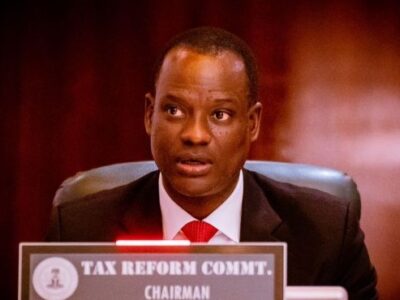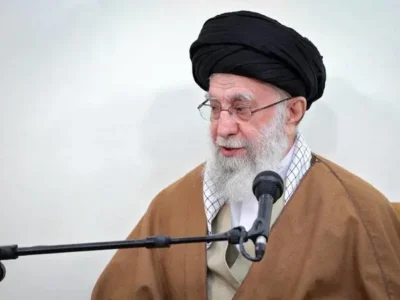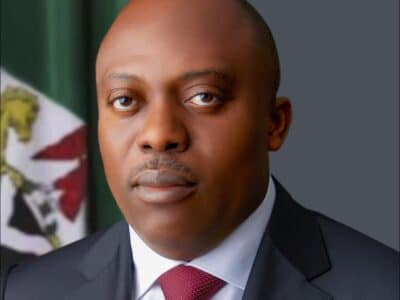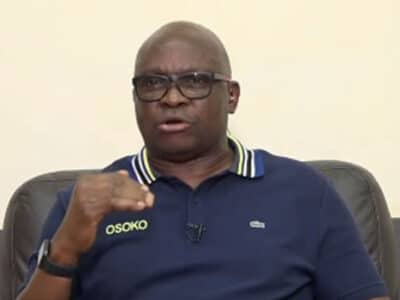Despite President Bola Ahmed Tinubu’s executive order aimed at slashing the cost of medicines, Nigerians continue to grapple with skyrocketing drug prices more than a year after its implementation.
The policy, announced on June 30, 2024, through the Minister of Health, Muhammed Ali Pate, was designed to boost local drug production by waiving import duties, excise taxes, and Value Added Tax (VAT) on raw materials, machinery, and pharmaceutical products.
“The Order introduces zero tariffs, excise duties, and VAT on specified machinery, equipment, and raw materials, aiming to reduce production costs and enhance our local manufacturers’ competitiveness,” Pate stated on X at the time.
The move also followed Federal Executive Council approval of Medipool, a centralized system for competitive pricing and supply of essential medicines nationwide.
However, a market survey in August 2025 shows the initiative has not eased the financial burden on patients, with prices of critical drugs rising sharply.
- Insulin climbed 29%, from ₦14,000 in June 2024 to ₦18,000.
- Glucometer spiked 41%, from ₦20,500 to ₦29,000.
- Metformin rose 30%, from ₦500 to ₦650.
- Amlodipine jumped 33%, from ₦1,800 to ₦2,400.
- Exforge skyrocketed 83%, from ₦32,800 to ₦60,000.
The situation is even worse for malaria treatments, where prices have nearly doubled:
- Coartem surged 124%, from ₦3,800 to ₦8,500.
- Artesunate injection increased 56%, from ₦1,600 to ₦2,500.
- Lokmal tablet rose 104%, from ₦1,200 to ₦2,450.
Still, a few exceptions were recorded. Augmentin dropped by 24%, from ₦18,500 to ₦14,000, while the Ventolin inhaler dipped 12%, from ₦8,500 to ₦7,500.
The mixed outcome raises questions about the effectiveness of the executive order, as Nigerians continue to pay more for essential medicines despite government promises of affordability.




















Comments